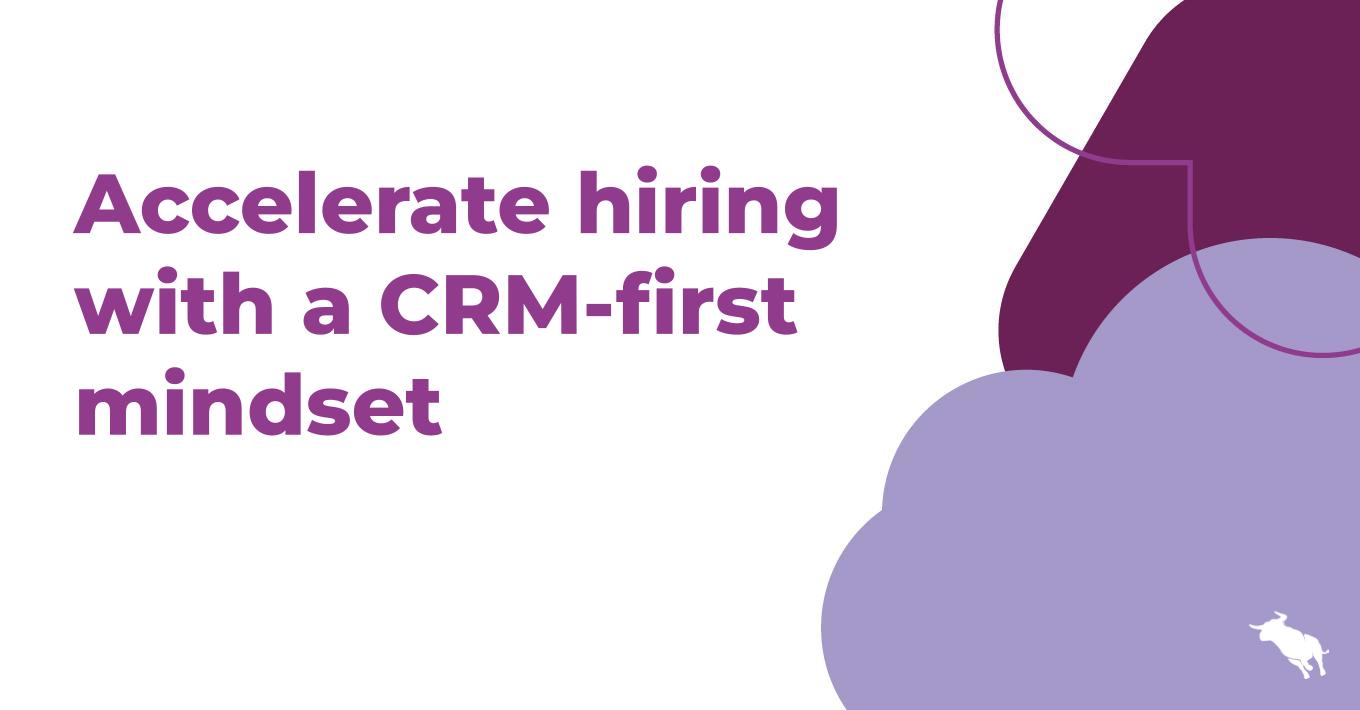3 Considerations to Improve CRM User Adoption in Your Business

Adoption is a hot topic these days in the technology sector. With the revolution of technology in the form of Uber, Spotify, and Airbnb, customer expectations for ease of use have drastically shifted. Customers purchase with high hopes of success and the ultimate goal of maximizing their return on investment (ROI), but this process doesn’t always go according to plan. The implementation and adoption of CRM systems is a perfect example of this: 63% of CRM initiatives conclude in failure, according to Merkle Group Inc. Nonetheless, businesses are still in need of technology that solves problems and makes life easier.
CRM software initiatives fail for a multitude of reasons. A hard-to-use interface, a lack of training, and a limited workflow can all derail an organization’s efforts to successfully implement and adopt new technology.
First, let’s tackle the use of the technology. People want software that they enjoy using, plain and simple. I was listening to a podcast recently featuring Seth Godin, author of Purple Cow, in which he explained how Uber became successful by completely changing the way we hail a cab with the press of a button. Software needs to be this easy and accessible. Whether you’re using your mobile phone, tablet, or laptop, the user experience should always be the same, with a limited level of complexity.
Secondly, training on the software in question is essential. Yes, in an ideal world, software should be so easy to use that it doesn’t require training at all. However, training covers more than just how a product works. It takes you into your own environment and shows you how everything is connected and how to navigate through the workflow. By implementing mandatory training on best practices and workflow, each individual in your organization can take hold of the blueprint he or she needs to be successful and effective. Commitment to training can get everyone working towards the same goal and increase CRM user adoption and success.
And that commitment to training serves as a perfect segue to my third and final point: the importance of implementing a comprehensive workflow. Whether you have a workflow in place or not, training is key. For those who don’t have a defined workflow, it might be time to give it some consideration. Without structure to the way your business operates, you can’t accurately report or forecast on activity, revenue, customer happiness, and other predefined key performance indicators that are important to your organization. With a defined, comprehensive workflow to which the entire team is committed, your organization can be set up for sustained success.
The next time your business is looking to evaluate software, make sure that you’re checking the right boxes so that your CRM implementation is seamless and successful.




